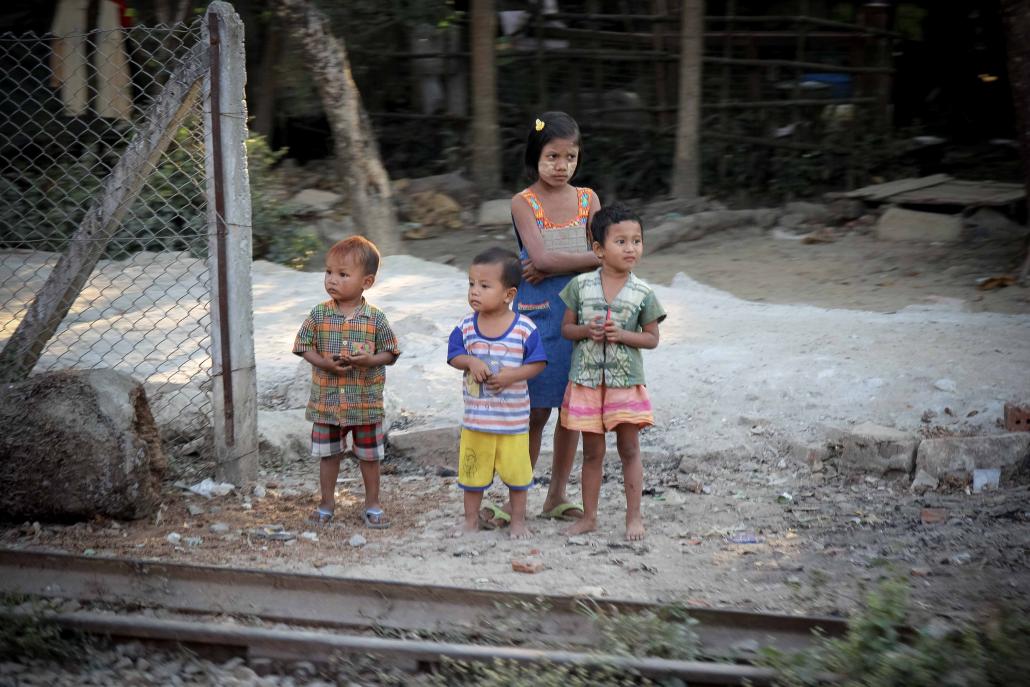
I was happy to pass along some good news to the women I interviewed. It takes gargantuan strength to defend against this kind of pessimism, particularly since few of us are ever 100 percent certain about any decision we make in life.
#Childless hundred days free#
Even perfect strangers may feel free to warn them about a lonely old age. Yet the childless women I interviewed spoke of many benefits: the latitude to develop their careers fully the intimacy they share with their mates the lack of financial, emotional, and time pressures the freedom from fear of being a bad mother or having a difficult child the spiritual growth that takes place thanks to the availability of unfettered time the relief of not having to raise a loved one in a world some view as too violent or selfish.Ĭhildless women are often told they are selfish and destined for a dire future. It is considered “unwomanly” to admit to feeling happy and whole without children. We maintain this negative view of childlessness, I believe, because we know nothing about the positive side.


What little knowledge we do have of childless women is based on negative stereotypes, such as the child-hating workaholic. But because these women do not conform to traditional roles, their existence is denied. They are our neighbors, our co-workers, our sisters, and our best friends. Women who are environmentally childfree have made a conscious decision to forgo having children for the good of the planet.Īlthough 43 percent of the adult female population is childless, these women–and the option–are still treated as though they do not exist. The religiously childfree are those who have made a decision to follow a spiritual path that requires them to remain childless. They range from those who love other people’s children to those who admit to actively disliking kids. Women who are positively childfree rarely express even a flicker of doubt about their decision. Not all women without children actively choose the childless life, of course, but among those who have chosen it, I found three distinct groups: those who are positively childfree, those who are religiously childfree, and those who are environmentally childfree. At its most fundamental level, the emergence of childlessness means that women are seizing the opportunity to be fully realized, self-determined individuals–regardless of what society at large thinks of them. For a society based on “family values,” this shift is historic. The move toward remaining childless, however, is more profound. The advent of the pill, the legalization of abortion, and advanced education for women were essential adjuncts to this change.

Entering the workforce was merely the initial step toward redefining women–and possibly the first toward childlessness. What I was not prepared for was uncovering a revolution in the making.Ĭhildless women today are on the precipice of redefining womanhood in the most fundamental way ever. In interviewing more than a hundred childless women for my book The Childless Revolution, my goal was simply to put a face on childless women, not to make a major discovery about them. Childlessness is about to come bursting out of the closet. Census Bureau, in 1993 there were 34.9 million American families that were childless and only 33.3 million families with a child under the age of 18. But when Oprah Winfrey admitted in 1994 to People magazine that “what it takes one on one, I don’t have,” she was not pilloried but praised for understanding her own needs.įor a variety of reasons–including greater education for women, effective birth control, and later marriage–there has been a dramatic increase in the number of childless women over the past 30 years. I wanted total freedom.” Her views were thought to be scandalous. When Katharine Hepburn chose childlessness in the 1940s, she claimed that “I was ambitious and knew I would not have children.


 0 kommentar(er)
0 kommentar(er)
